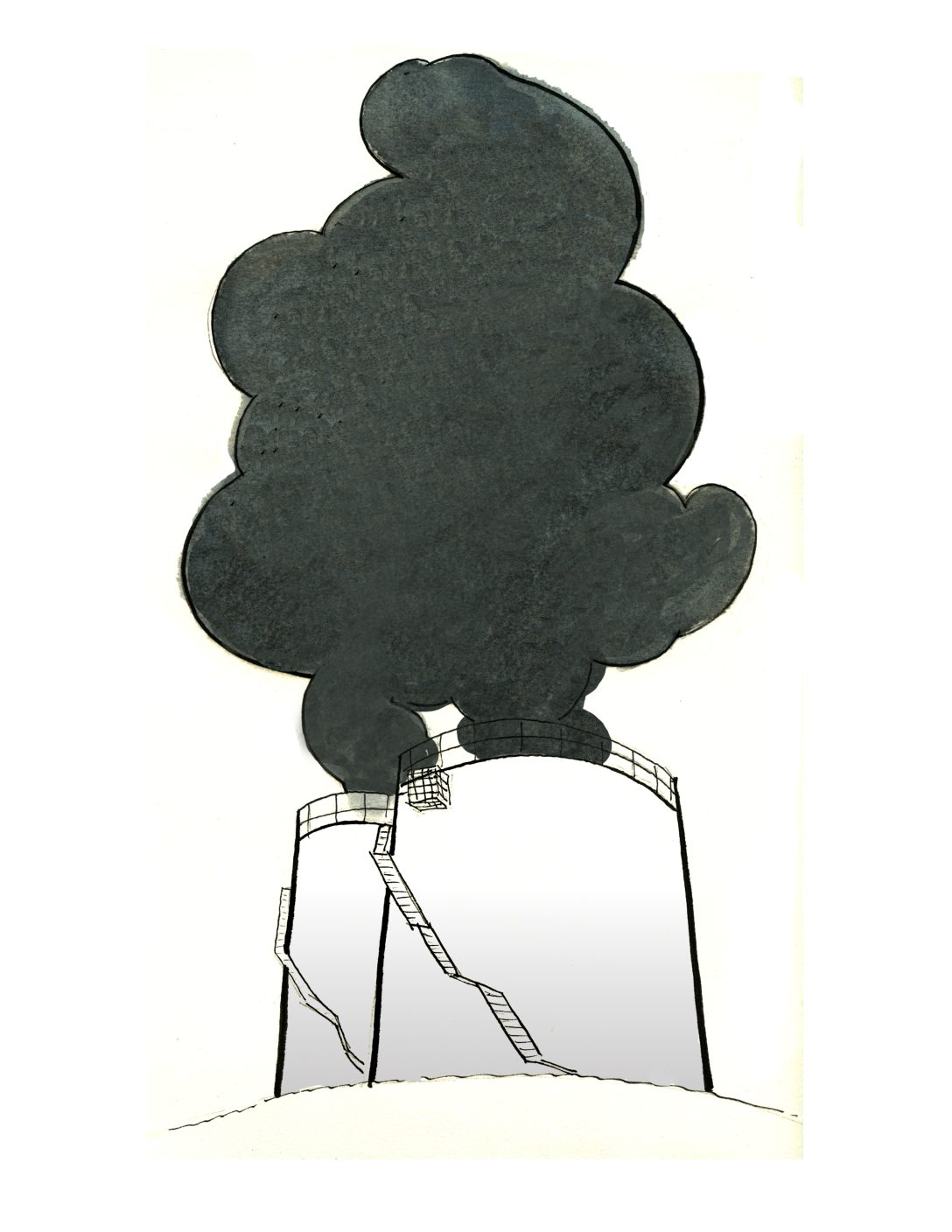Houston Chemical Fires Shows Need for Stronger Protections, More Vigilant Enforcement
By Michael Coleman

When a fire erupted at the Intercontinental Terminals Company (ITC) plant in Deer Park, Texas, near Houston on the morning of March 17, it sent a menacing plume of dark smoke into the air and marked another entry in a long list of environmental disasters plaguing Texas’ petrochemical corridor.
Days later, on April 2, yet another chemical fire broke out near Houston – this one at the KMCO plant in Crosby. Tragically, the KMCO blaze killed one worker and injured 10 others.
These fires aren’t isolated incidents. A 2016 Houston Chronicle investigation found that chemical incidents occur once every six weeks in the Houston area. Public Citizen’s Texas office is committed to tracking these damaging environmental events and demanding that state officials hold the companies accountable.
“These fires demonstrate that chemical disasters happen far too often in our region, often due to lax regulatory oversight and enforcement,” said Stephanie Thomas, a Houston-based researcher for Public Citizen’s Texas office. “While these fires raged, the Trump administration was trying to slash the budgets of the U.S. Environmental Protection Agency (EPA) and the Chemical Safety Board. We need more protections for our communities and a serious investment in our health and safety.”
In addition to demonstrating a dire need for tougher regulation and enforcement, the fires underscore the need for more public information from the Texas Commission on Environmental Quality (TCEQ) and the EPA about chemical risks and disaster response.
At least three toxic chemicals involved in the ITC blaze – naphtha, xylene and toluene – posed a danger to public safety. Short-term exposure can cause headaches, dizziness, confusion, breathing irritation, weakness and memory loss – with potentially fatal effects from longer-term exposure. In Crosby, the site of the KMCO blaze, a tank containing isobutylene caught fire and spread to a warehouse. This colorless gas or liquid can cause headaches, dizziness, lightheadedness and fatigue. Higher levels of exposure can cause coma and death.
Public Citizen has called for Texas Gov. Greg Abbott to restore chemical right-to-know standards, so that first responders and residents who live near industrial facilities can fully understand the potential hazards of plants’ chemical inventories. The TCEQ needs additional staff and tools – such as a mobile monitoring unit for full-time use in Houston – to adequately respond to pollution disasters. The agency also should be more forthcoming with information about serious health-related incidents, Public Citizen maintains.
Public Citizen’s Texas office is a strong advocate at the Texas Legislature for stricter controls on the petrochemical industry and more access to information for the public. This year, for example, Public Citizen has testified in support of bills to boost the TCEQ’s air monitoring budget while also publicly calling on the agency to be more transparent in its communications with the public. Adrian Shelley, director of Public Citizen’s Texas office, and other staffers routinely meet with state lawmakers to persuade them to support clean air initiatives to improve quality-of-life for Houstonians and all Texans.
“Industrial disasters are the natural and inevitable outcome of policy to let corporate wrongdoers off the hook, slash regulatory and enforcement budgets and not update regulations to deal with serious health, safety and environmental risks,” said Robert Weissman, president of Public Citizen. “As the American public becomes more aware of the health hazards and environmental risks of unchecked industry, we’re hopeful that elected officials in Texas will get the message Public Citizen and others are sending: That they should do more to crack down on reckless industrial operators and promote clean energy alternatives.”